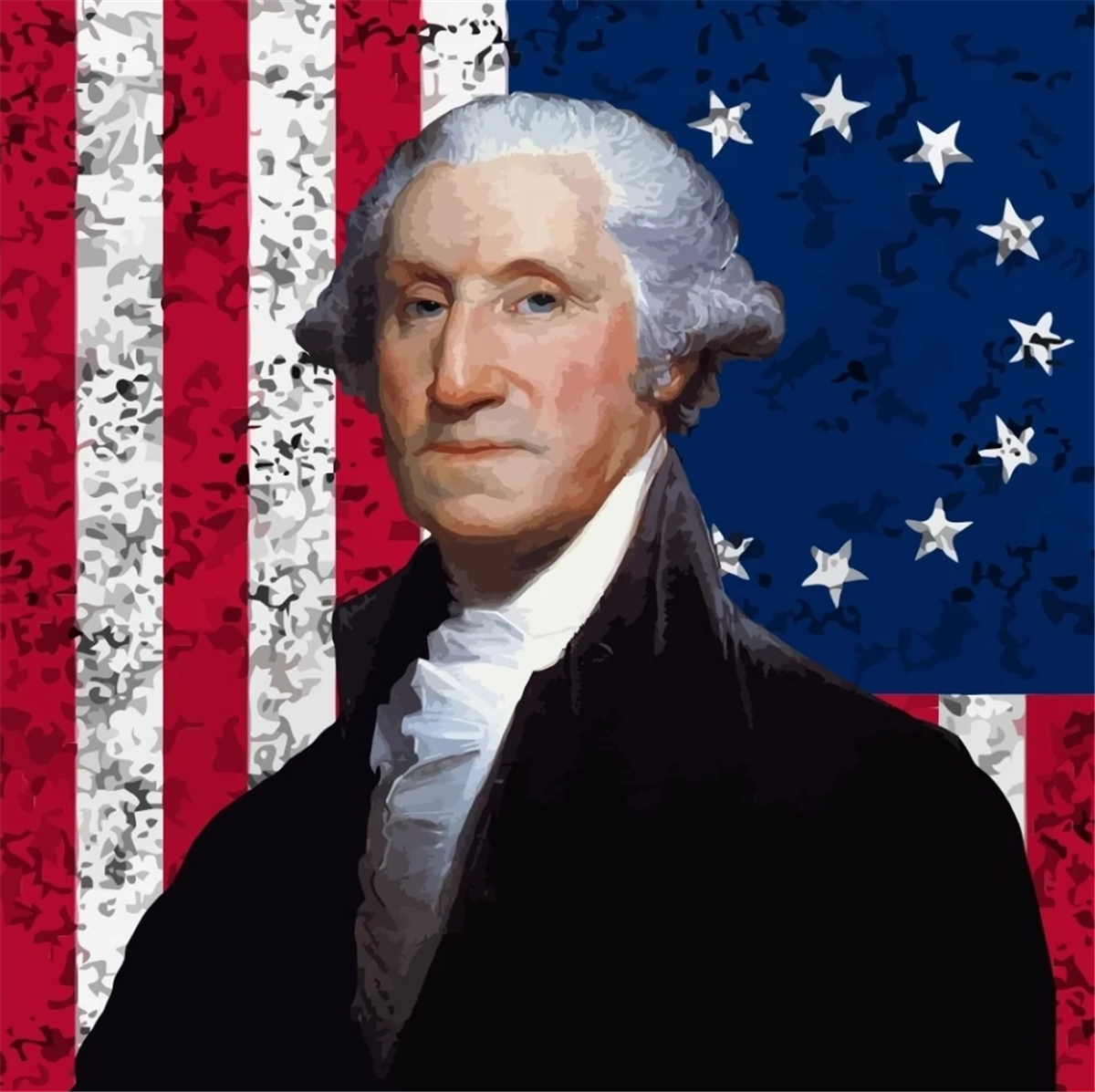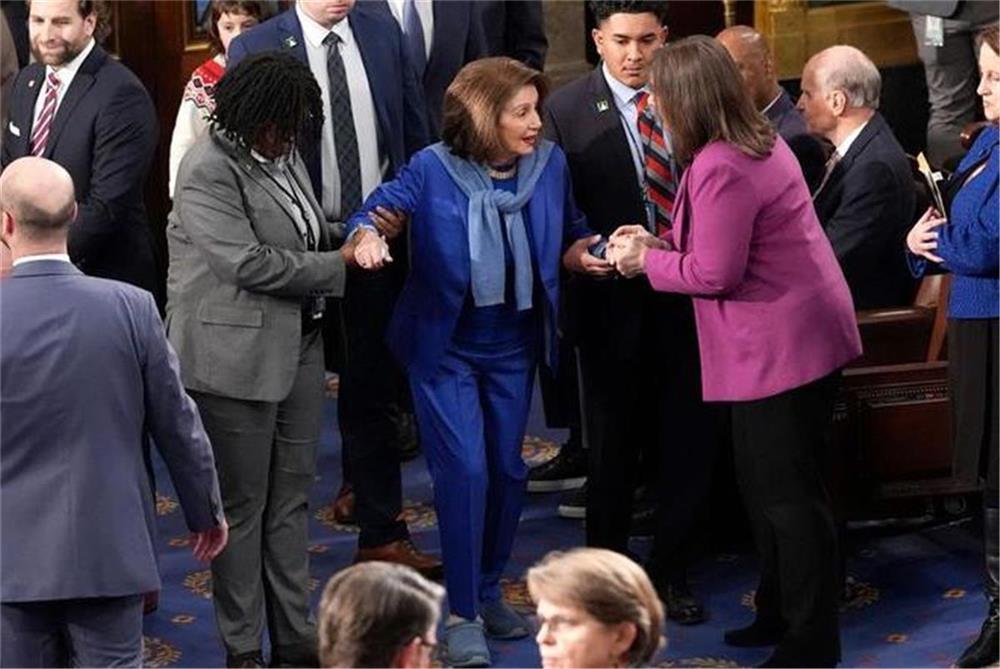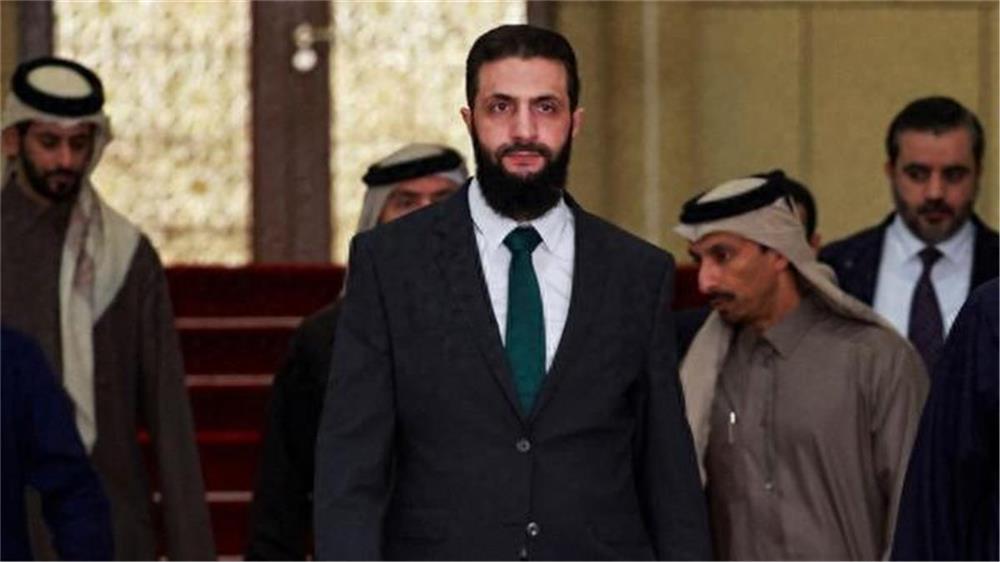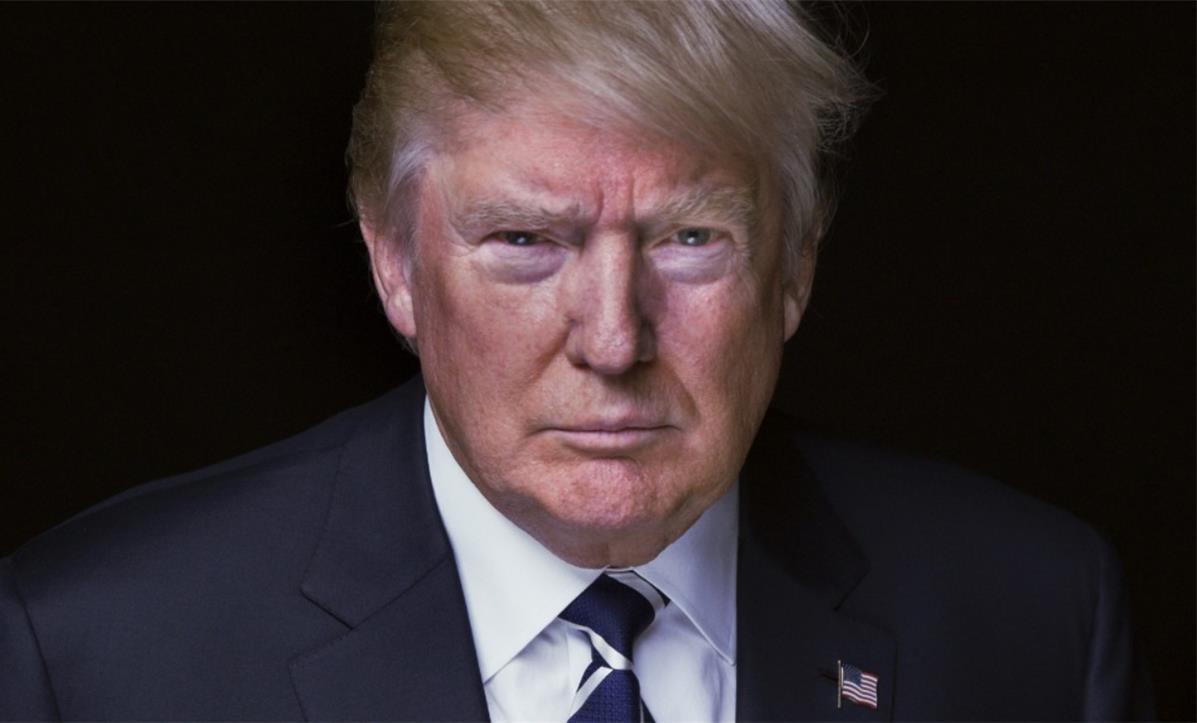George Washington took his oath of office as the first President of the United States

Born in 1732 to a Virginia planter family, George Washington learned the morals, manners, and body of knowledge requisite for an 18th century Virginia gentleman.
He pursued two overlapping interests: military arts and western expansion. At 16 he helped survey Shenandoah lands for Thomas, Lord Fairfax. Commissioned a lieutenant colonel in 1754, he fought the first skirmishes of what grew into the French and Indian War. The next year, as an aide to Gen. Edward Braddock, he escaped injury although four bullets ripped his coat and two horses were shot from under him.
From 1759 to the outbreak of the American Revolution, Washington managed his lands around Mount Vernon and served in the Virginia House of Burgesses. Married to a widow, Martha Dandridge Custis, he devoted himself to a busy and happy life. But like his fellow planters, Washington felt himself exploited by British merchants and hampered by British regulations. As the quarrel with the mother country grew acute, he moderately but firmly voiced his resistance to the restrictions.
In the years leading to the Revolution, Washington played a key role in the growing discord. After attending the First Continental Congress in 1774, he aided in plans for armed resistance, commanded the Continental forces in Boston in 1775, and joined the Second Continental Congress.
When Congress created the Continental Army on June 14, 1775, Washington was the logical choice as commander in chief. On July 3, 1775, at Cambridge, Massachusetts, he took command of his ill-trained troops and embarked upon a war that was to last six grueling years.
He realized early that the best strategy was to harass the British. He reported to Congress, “We should on all Occasions avoid a general Action, or put anything to the Risque, unless compelled by a necessity, into which we ought never to be drawn.” Ensuing battles saw him fall back slowly, then strike unexpectedly. Eventually, though, the strategy wore out his soldiers.
Washington nearly lost his entire army to desertion, to starvation and smallpox, and to the harsh winter at Valley Forge in 1777-78. His failures led Congress to threaten a change of leadership.
When Washington took command of the army in 1775, he had little military experience. He learned to command his ill-trained, poorly equipped army by doing whatever worked. He won the Revolution because the British government could not put enough troops in America and because the French government aided him.
Finally in 1781 with the aid of French allies–he forced the surrender of Cornwallis at Yorktown. Giving up essential southern territory in the process made the Yorktown campaign one of the riskiest decisions in military history. But Washington took the risk, and it worked.
Washington longed to retire to his fields at Mount Vernon. But he soon realized that the Nation under its Articles of Confederation was not functioning well, so he became a prime mover in the steps leading to the Constitutional Convention at Philadelphia in 1787. Washington presided over the Convention, and his influence determined its success. As a soldier, a Virginian, and a nationalist, his prestige upheld the new Constitution among the people.
When the new Constitution was ratified, the Electoral College unanimously elected Washington President. He did not infringe upon the policy making powers that he felt the Constitution gave Congress. But the determination of foreign policy became preponderantly a Presidential concern. When the French Revolution led to a major war between France and England, Washington refused to accept entirely the recommendations of either his Secretary of State Thomas Jefferson, who was pro-French, or his Secretary of the Treasury Alexander Hamilton, who was pro-British. Rather, he insisted upon a neutral course until the United States could grow stronger.
Washington interpreted the Constitution to permit executive initiative whenever the President’s duties required such action. To carry out such initiatives, he used executive departments, created by Congress.
To his disappointment, two parties were developing by the end of his first term. Wearied of politics, feeling old, he retired at the end of his second. In his Farewell Address, he urged his countrymen to forswear excessive party spirit and geographical distinctions. In foreign affairs, he warned against long-term alliances.
Washington enjoyed less than three years of retirement at Mount Vernon. On December 12, 1799, he contracted a throat infection and died two days later. For months the Nation mourned him.
 Famous Persons
Famous Persons English
English
 Jerry
Jerry Facebook
Facebook Twitter
Twitter Pinterest
Pinterest Linkin
Linkin Email
Email Copy Link
Copy Link










